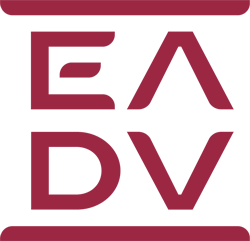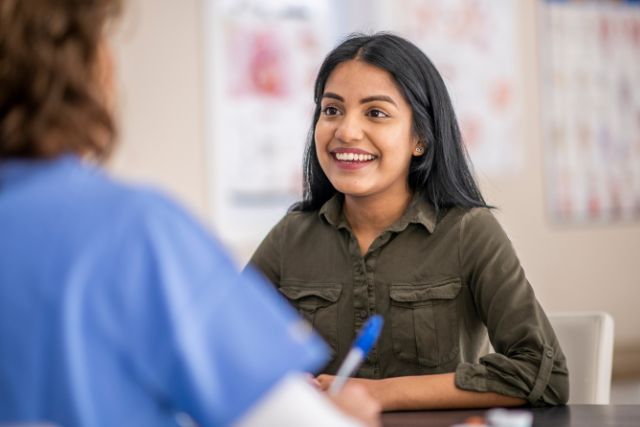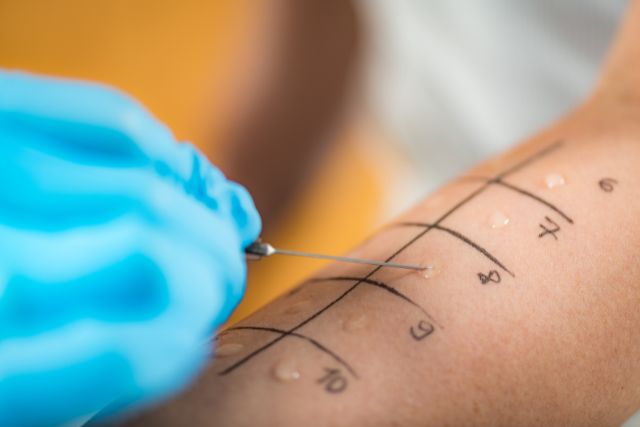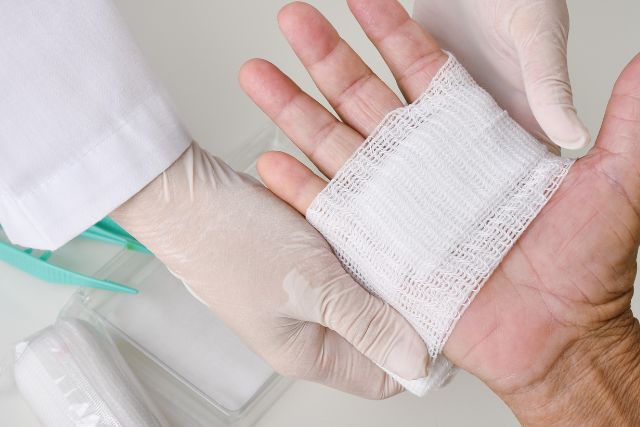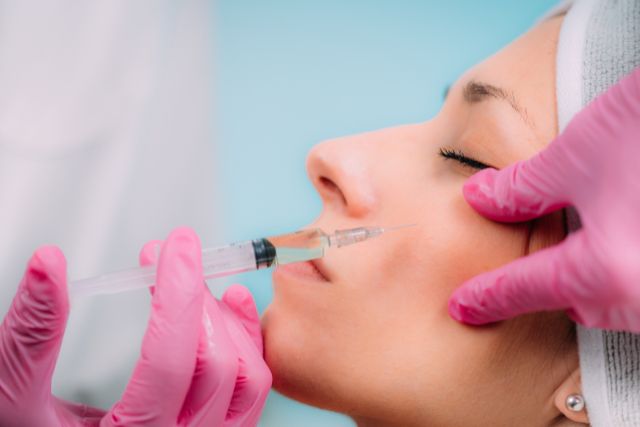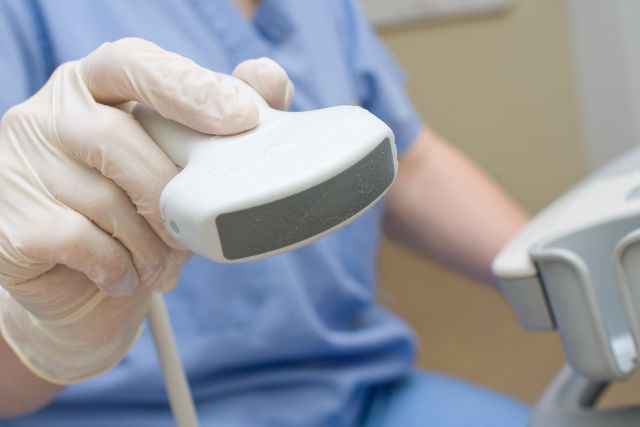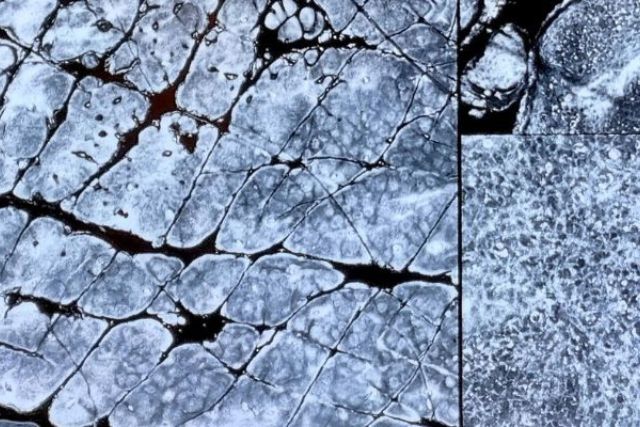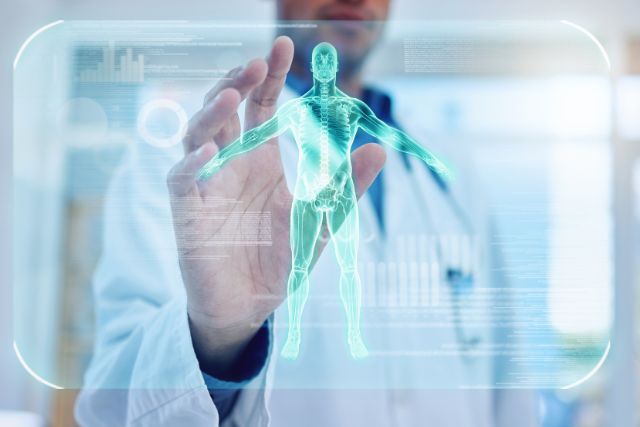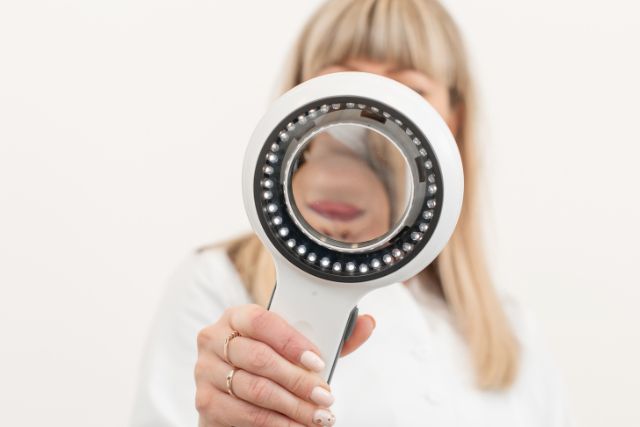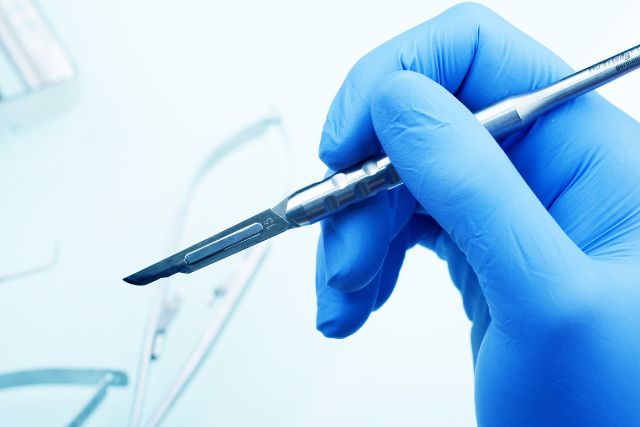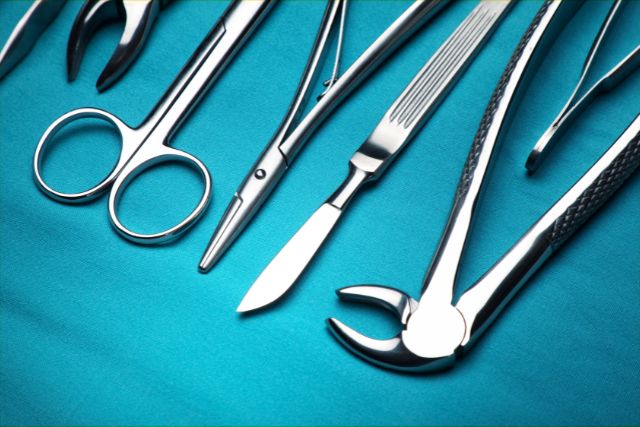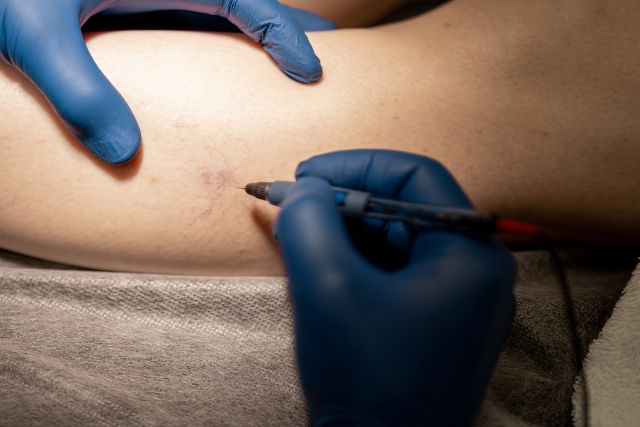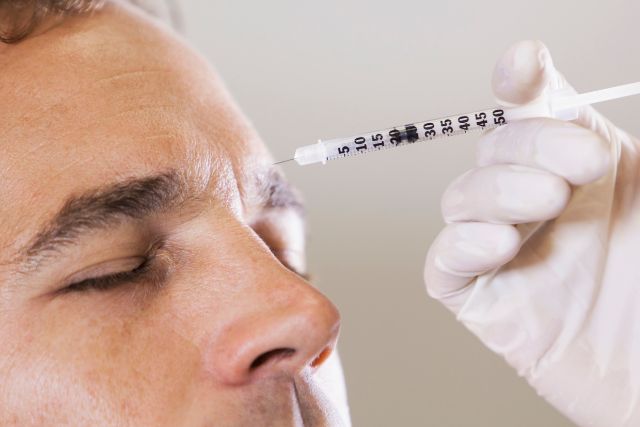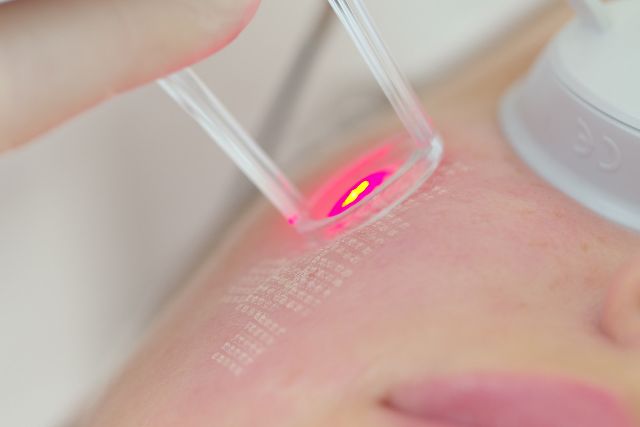Workshops at EADV Congress
Besides the core scientific lectures of the EADV Congress, the Academy offers a variety of practical workshops in the hot fields of dermatology.
Chaired by experienced specialists and accommodating a small set of participants, a workshop is an ideal approach to immediately implement the skills you are learning, gain hands-on experience, and rapidly acquire knowledge on the subject.
INFORMATION ABOUT THE CONGESS 2026 WILL BE PUBLISHED SOON
At a glance
Time
AM
08.30 - 11.45
PM
14:15 - 17:30
Wed 17.09
Dermal Fillers
STI diagnosis and treatment
Allergology: skin environmental induced contact dermatitis and urticaria
Basics of ultrasound imaging in dermatology
Thu 18.09
Playing with AI in Dermatology
Wound Healing
Confocal Microscopy and LC-OCT
Dermoscopy – practical and conceptual (1)
Fri 19.09
Dermoscopy – practical and conceptual (2)
Surgery – Beginners
Surgery - Intermediate
Phlebology for Beginners
Sat 20.09
Use of Botulinum Toxin in Cosmetic and Medical Dermatology
Laser treatment for beginners (1)
Laser treatment for beginners (2)
Talk that heals: How better communication drives better patient outcomes
Available workshops at the 2025 EADV Congress
- Chair
- Instructor
- Josef De Guzman (PH)
- Aleksandra Lesiak (PL)
- Justyna Ceryn (PL)
- Catherine van Montfrans (NL)
- Christine Bundy (GB)
- Jacek Szepietowski (PL)
- Ana Maria Gimenez Arnau (ES)
- Sabine Altrichter (AT)
- Mette Sommerlund (DK)
- Salvador González (ES)
- Mariano Suppa (BE)
- Marco Ardigò (IT)
- Elisa Cinotti (IT)
- Linda Tognetti (IT)
- Mario Valenti (IT)
- Lucas Boussingault (BE)
Please note that priority access to the workshop application is given to EADV Members until Friday, 30 May 2025
How to register to an EADV Congress workshop
All courses require a pre-registration and a pre-payment. Class sizes are limited and registrants are accepted on a first-paid, first-served basis.
Workshops can be purchased through the official Registration Platform by accessing the “Individual and Third-Party Registration” area. Please note that no Group Registration is possible.
While purchasing your ticket to the EADV Congress
You will be prompted with a list of available Workshops. Select the workshop(s) and finalise your registration by paying the due fee*.
If you already have a valid ticket to the EADV Congress
You can purchase it in 5 easy steps:
- Access the Registration Platform with the credentials you used to register (email address + password)
- Click on the panel “Individual and Third Party Registration”
- Choose the option “Register or book tickets for yourself”
- Select the workshop(s) you wish to attend from the list provided
- Pay the due fee*.
* Enrolment is not guaranteed until the financial transaction has been completed/the payment is received by the EADV
Terms and conditions
Please note that by purchasing your ticket in advance online, you agree to our Terms and Conditions.
Definitions
These terms and conditions apply to all delegates registering for one or more of the above workshops during the 2025 EADV Congress in Paris.
Who can attend?
Workshops are available for the following registration categories: EADV Members, EADV Resident Members, Non Member (DELEGATE), and Resident (under 35 years old).
There may be different levels of learning, so please read carefully the description and target audience, before submitting your registration.
Kindly note that to be able to attend a workshop at the EADV Congress you should also have a valid admission (i.e. a Full Ticket or a 1-Day ticket for the day of the selected workshop). Participation is limited and on a first-come, first-served basis.
Workshop fee / Methods of payment
Each workshop has an additional fee of 50 EUR for EADV Members and 150 EUR for non-members. Please note that workshops require a pre-paid booking via credit card (strongly suggested) or bank transfer.
The registration to a workshop is a supplement to the Congress admission which must also be purchased (workshops cannot be booked or purchased without an admission to the Congress).
Cancellation Policy
The EADV reserves the right to cancel a course if there are insufficient registrants. In the unlikely event of cancellation, registrants will be notified immediately and all workshop fees will be promptly refunded.
